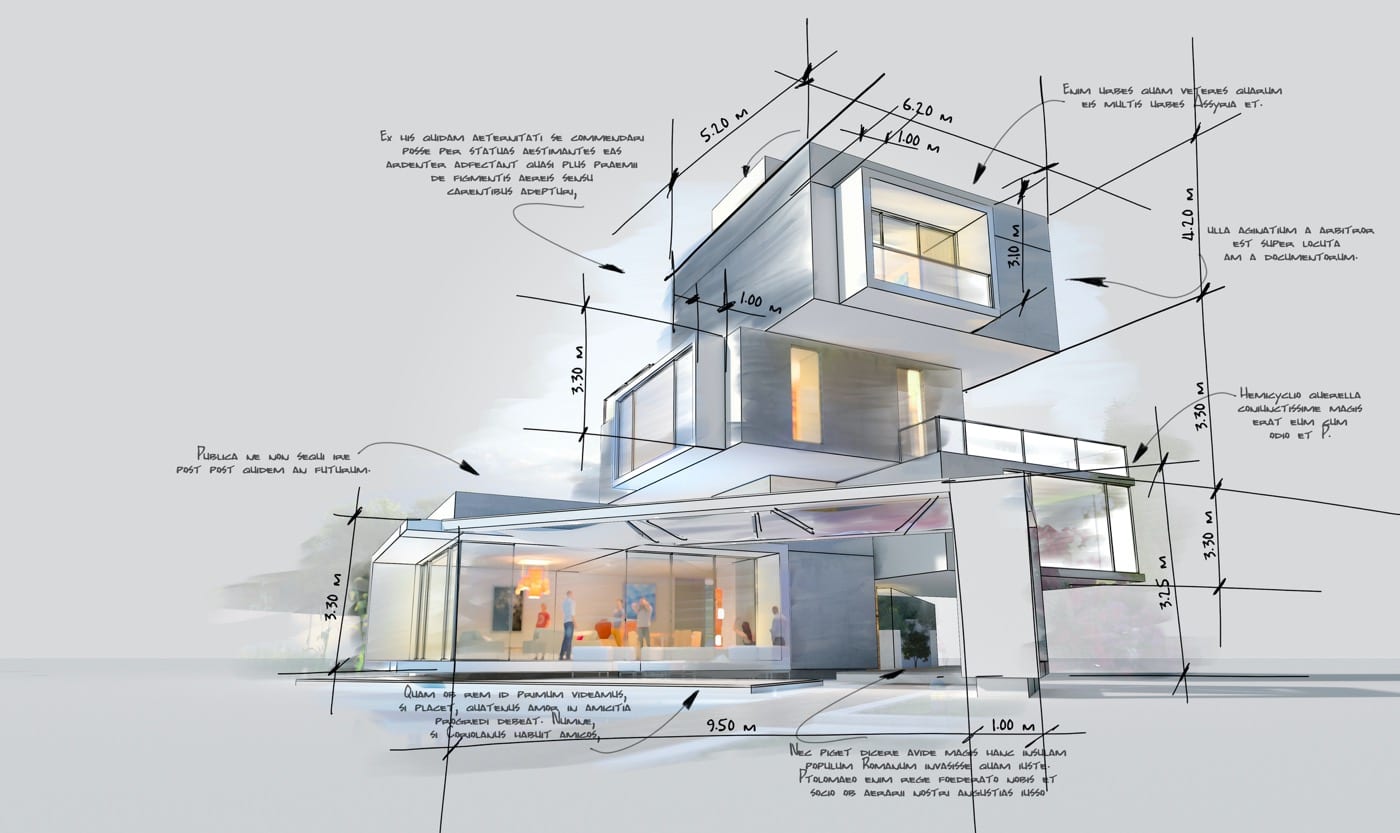The real estate sector is not characterized by being highly dynamic, but in its proptech (property technology or real estate technology) aspect some startups and more progressive brands are adopting the latest technologies to improve services, such as virtual reality, home automation, digitization of real estate portals or open banking.
It is in the latter sector in which the real estate world and third-party APIs converge, streamlining the sales process and new services to users looking to buy a home. Both factors produce a higher conversion rate by preventing the customer from abandoning the purchase. Hence, a higher financial return for the portals implementing these methods.
This is how the real estate sector has adopted technology
In recent years it has been seen how some branches of the real estate sector, specifically the commercial side, have adopted digital technologies such as the use of web portals or apps in the case of mobile devices. These tools have revolutionized the industry.
They have also simultaneously become large data containers, which are able to process huge amounts of information to extract knowledge from the sector through data mining and trend analysis; to the point of replacing other data consulting stakeholders such as the official colleges of registers, or the National Institute for Statistics (INE), as shown in the next section.
In terms of construction, the digitization of the work environment through tools such as BIM (Building Information Modeling) has reduced execution errors, and various digital techniques based on radio frequency have further reduced workplace accidents.
For the future buyer, the presence from the design phase of elements such as air source heat pumps controlled by artificial intelligence, or the prerobotization of the home through the Internet of Things (IoT) has been an incentive to buy and entailed a significant increase in the property’s value.
One of the latest technological adoptions, also aimed at the comfort of the property’s end user, is the fusion between purchasing portals and banking services, such as making mortgage applications, through banking APIs. This greatly simplifies the user experience and streamlines the process of choosing and buying a home.
Access to mortgage financing
According to the real estate portal Fotocasa, in its report ‘Perfil del hipotecado español’ (Profile of the Spanish Mortgage Holder) (2020), 79% of Spaniards have to take out a mortgage to buy a home with financing becoming the final barrier in the purchase process. Not everyone can cross this barrier under the same conditions and that hinders the purchase.
The mortgage procedure can make the process of buying a property extremely complicated when, once a price has been agreed, the buyer is unable to access certain financing conditions, or in any similar situation. That is why 12% of that 79% need, in addition to the bank’s help, help from their family.
Knowing in advance the market of available homes that can be accessed based on credit options, as well as under what conditions these are provided depending on each applicant’s personal capacity, is essential not only during the purchase process, but when house hunting. This saves both the buyer and seller time.

API Mortgages, facilitating the purchase process
Mortgages is an API present at BBVA API_Market and available for those real estate platforms that hope to simplify the search and purchase, as well as make it easier for the user to locate the best mortgage conditions based on their profile. This is all possible without leaving the purchase process and without having to go to a bank branch.
As with Auto Loan to purchase vehicles, Mortgages is a tool that allows you to integrate a BBVA bank mortgage simulator into the actual home search process. This means that those looking for their next home do not have to abandon the selection and can find out the mortgage conditions in the actual search.
The idea behind this API is to pave the way or route to buy. The so-called conversion funnel that ends with a firm and positive decision to sell the home. Startups and other real estate companies that join this digitization will have a point in favor compared to those that do not.
Advantages of the API Mortgages for the homebuyer
One of the most relevant advantages for the API Mortgages user is the time savings and convenience of performing online operations. There is no longer a need to go to a bank branch to make inquiries such as what the minimum down payment to buy a home is, or how much the monthly payment would be based on the mortgage amount and duration.
Instead, future homebuyers will be able to access the credit conditions available to them based on their financial profile while they are looking for a home without having to go to a branch to find out how far they can stretch or what home they can afford.
Once in the home seller’s digital platform, the user will have access to an online calculator in the form of an API that starts by selecting the desired loan value as well as the term for payment. They are then shown a credit table with the monthly payments and fees they are eligible to choose.
An even more valuable second table is also shown. This is a repayment table, with maximum financing, amount to be financed, upfront expenses, term, interest percentage or broken-down monthly payments. Thanks to all these data, it is much easier to be able to make decisions in favor of the purchase.
The customer’s basic personal data is captured during the process, such as contact details and, once validated by BBVA, the customer will obtain the mortgage authorization confirmation on his or her cell phone. Thus, customers log on to a platform to search for a house and leave it with everything required to apply for credit to buy it.



























